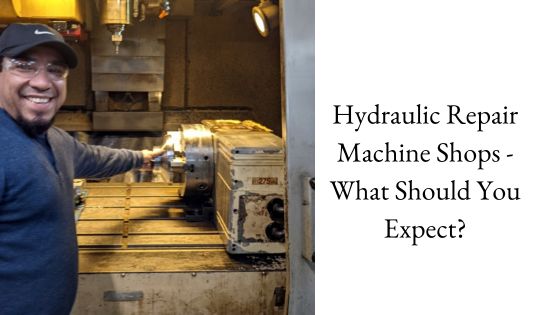Field Repairs on Compact Equipment: A Common Sense Guide
Posted by Jim Strong on Jun 22nd 2023
Nothing is worse than being in the middle of a project with a tight deadline and having your skid steer loader or compact excavator fail. Here’s a quick, common-sense guide to performing field repairs on your equipment.
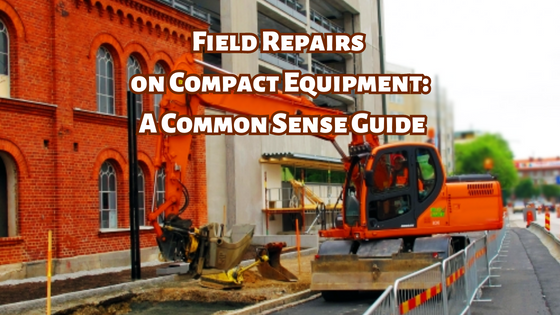
Here's some other Shop Talk blog posts about repairs:
- Helpful Guidelines for Repairing Final Drives and Track Motors
- Mini Excavator Repair
- John Deere 332 Final Drive: Common Issues [VIDEO]
Common Problems
If your compact equipment does break down, you can still perform some basic repairs in the field. Here are some of the most common problems that can often be addressed in the field:
- Low fluid levels
- Leaks
- Clogged filters
Keep in mind, however, that these problems need to be addressed in more detail once you can bring your equipment back into the shop. For example, you will need to track down why fluid levels have dropped or check to see if a filter became clogged because of upstream damage.
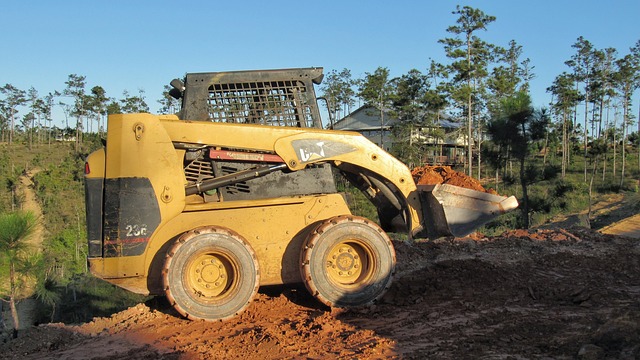
Image by Jean van der Meulen from Pixabay
Low Fluid Levels
You probably already know that low fluid levels can cause the hydraulic system to overheat and fail. Checking fluid levels is a good place to start: you will likely need to refer to your machine's owner's manual to check the fluid level. And it doesn’t hurt to have an electronic copy available via your phone or tablet to check it anytime. If fluids are low, a temporary fix is to add more fluid until you can get your equipment back to your shop for further investigation and maintenance.
Leaks
Leaks can be caused by damaged hoses, seals, or fittings. If you see fluid where it shouldn’t be, whether gear oil or hydraulic fluid, you’ve got a leak. If it’s a pressurized leak, you may need a piece of cardboard or plywood to help you track down its source (never use your hands). And don’t forget that the amount of fluid present can indicate where the leak is coming from: just a little fluid could be gear oil or hydraulic fluid, but if there’s a significant amount of leakage, then you know it isn’t gear oil.
Clogged Filters
Clogged filters restrict the flow of hydraulic fluid, which can seriously affect your equipment's performance, eventually leading to malfunctions or failure. To clean a clogged filter, remove it from the system and flush it with clean hydraulic fluid. However, a better approach is having spare filters on hand.
Tools and Equipment
Here are some things we suggest you keep in your field kit:
- Emergency hydraulic fluid and gear oil
- Hoses, seals, fittings
- Hydraulic filters
- Basic tools like wrenches and screwdrivers that are clean
- Lint-free rags or cloths
- Safety glasses and other PPE
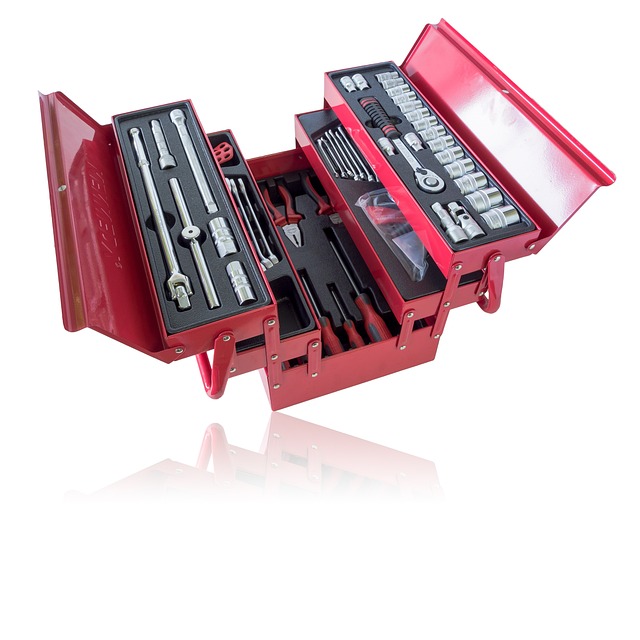
Image by Ely Penner from Pixabay
And most of these items you probably already have in your truck.
Safety
We focus on safety quite a bit, and according to OSHA, quite a few deaths related to compact equipment have occurred when someone was performing repairs. Remember to safely depressurize your machine -- pressurized hydraulic fluid can cause serious, if not life-threatening, injuries if it comes into contact with your bare skin. As mentioned early, don’t look for pressurized leaks with your hand, but opt for cardboard or some plywood instead. And in the case of SSLs and CTLs, you should always put the safety arms in place if the bucket is lifted.
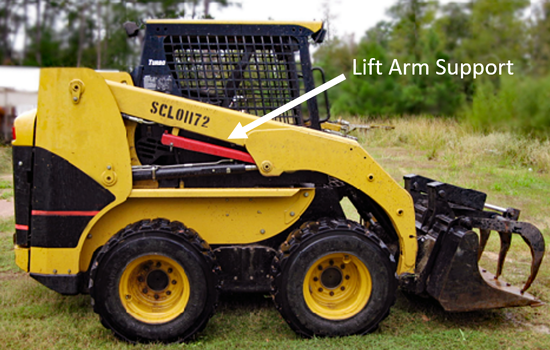
Conclusion
If you have issues with your final drive motors that you don’t have the time or skill to deal with, contact us here at Final Drive Parts. Our experts can even help you troubleshoot your final drives over the phone or via email!


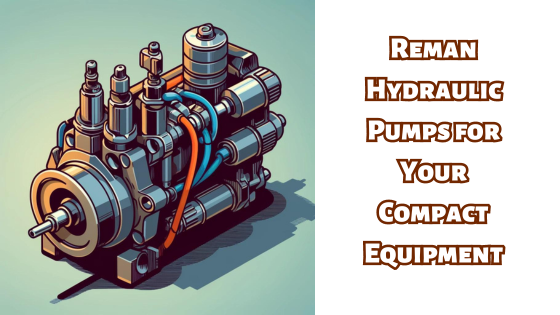
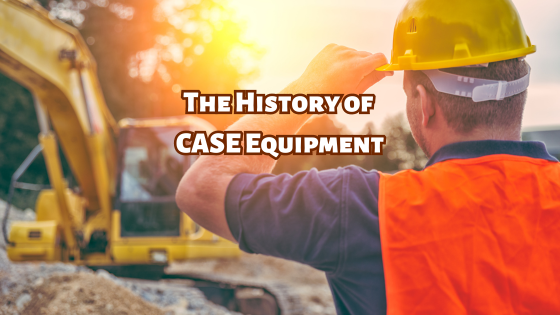

![Final Drive Cores and the Remanufacturing Revolution [VIDEO]](https://cdn11.bigcommerce.com/s-lbnln0ppxx/images/stencil/original/uploaded_images/final-drive-cores-and-the-remanufacturing-revolution.png?t=1705357426)
